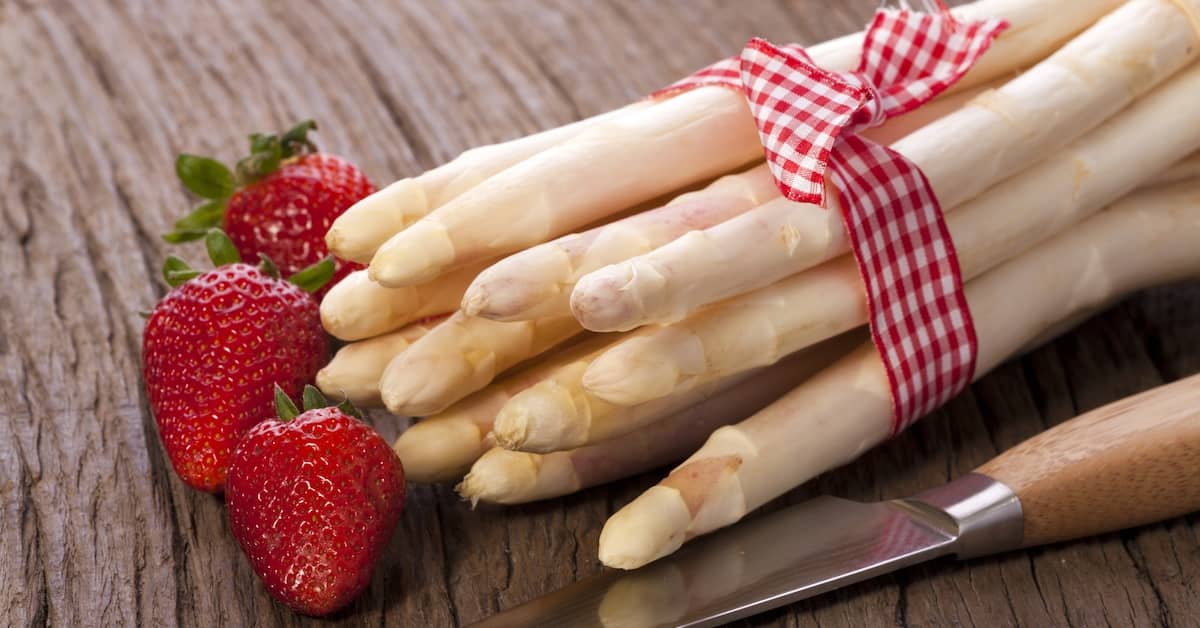
Gourmands know that half the secret of great cuisine is fresh ingredients. Just-picked, vine-ripened produce is a gourmet treat, even with no special sauces or preparation. I buy organic whenever possible.
Read up on these seasonal sensations and include them in your next healthy meal or snack. . .
1. Beets
This bright-hued root veggie is having its moment in the culinary spotlight these days, showing up in everything from salads to hummus. Not a beet fan? You may want to reconsider after reading the health benefits that beets offer.They contain an amino acid called betaine that can help lower blood pressure, reduce inflammation and improve liver function. Betaine has been shown to protect organs, improve vascular risk factors and even enhance athletic performance.
In one study1, researchers observed people with diabetes and found that betaine can decrease cholesterol and reduce the liver’s overall size. Betaine works synergistically with the B-vitamin folate, also present in beets, to reduce your level of homocysteine, a molecular villain that ups the risk of artery damage and heart disease.
Beets also boast high levels of nitrates, which your digestive system turns into nitric oxide. This powerful compound helps to relax and widen blood vessels, promoting healthy blood flow. To get NO daily, in clinical doses, many people supplement with beet extracts, said to not only improve circulation but to boost male sexual performance. Studies2 have shown that nitric oxide can also improve memory in older adults.
The good news doesn’t stop there. Beets are chock-full of antioxidants including lutein, which helps protect eyes from macular degeneration and cataracts. These antioxidants also keep skin youthful and supple.
2. Asparagus
This tender spring favorite is actually a member of the lily family. It makes a great side dish and a perfect addition to stir-fries, frittatas and pastas. Low in calories, asparagus is a great source of nutrients, including vitamin K, that prevent blood clots. These tasty spears also contain glutathione, a nutrient I’ve recommended many times before as a powerful detoxifier and immune system booster.Asparagus is rich in vitamins B9 and B12, which help to fight cognitive decline. A Tufts University study found that older adults with higher levels of folate and B12 performed better on cognitive tests than did those with lower levels.
According to Martha Savaria Morris, PhD, epidemiologist at the USDA HNRCA, "We found a strong relationship between high folate status and good cognitive function among people 60 and older who also had adequate levels of vitamin B12."3 The study also determined that low vitamin B12 status was associated with increased cognitive impairment. No surprise there: Many other researchers have pegged B12 deficiency as a major cause of subpar mental performance.
Asparagus is also rich in lycopene, which protects the prostate and helps reduce the risk of prostate cancer4.
3. Strawberries
An iconic symbol of spring and all things fresh and new, strawberries are rich in a variety of important nutrients. They are an excellent source of vitamin C and are proven to reduce risk factors for heart disease and help control blood sugar.Several studies5 suggest that berries – including strawberries -- may prevent several types of cancer, thanks to their ability to fight oxidative stress and inflammation.
Additionally, a study6 of middle-aged people with risk factors for heart disease showed that berries may improve HDL (good) cholesterol, blood pressure, and blood platelet function.
Need yet another reason to grab a handful of these luscious berries? Strawberries can help you look young! That’s right, the alpha hydroxy acid in strawberries helps slough off dead skin cells, making skin look more youthful. In a study7 by the MCP Hahnemann University School of Medicine in Pennsylvania, researchers discovered that alpha hydroxy acids treatments offered patients significant skin improvement.
The biggest challenge with strawberries is finding really good ones. Having grown up surrounded by strawberry farms, my standards are hopelessly high. Supermarket strawberries rarely make the grade, although there are exceptions.
Absolutely the best source is fresh ones picked in season in your region. Unfortunately the season only lasts for a few weeks, so don’t miss it. And please note: The shelf life of strawberries is extremely short! Eat ‘em the day they’re picked. You’ll be unpleasantly surprised if you think they keep like blueberries or blackberries.
- The American Journal of Clinical Nutrition, Volume 80, Issue 3, November 2004, Pages 539–549,
- https://www.ncbi.nlm.nih.gov/pmc/articles/PMC3121276/
- Curr Opin Clin Nutr Metab Care. 2004 Nov;7(6):659-64.
- Medicine (Baltimore). 2015 Aug; 94(33): e1260.
- J Agric Food Chem. 2008 Feb 13;56(3):630-5
- Am J Clin Nutr. 2008 Feb;87(2):323-31.
- J Am Acad Dermatol. 1996 Feb;34(2 Pt 1):187-95.
